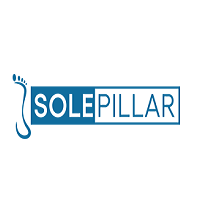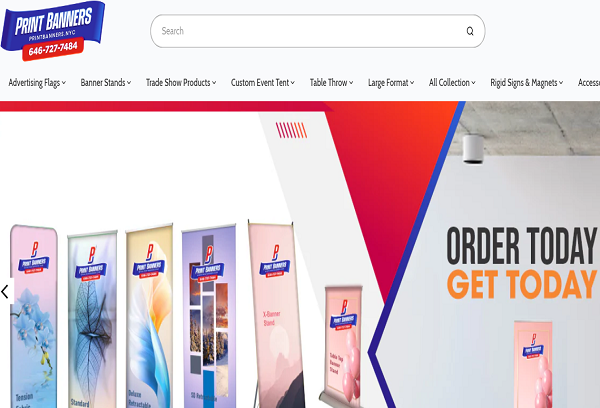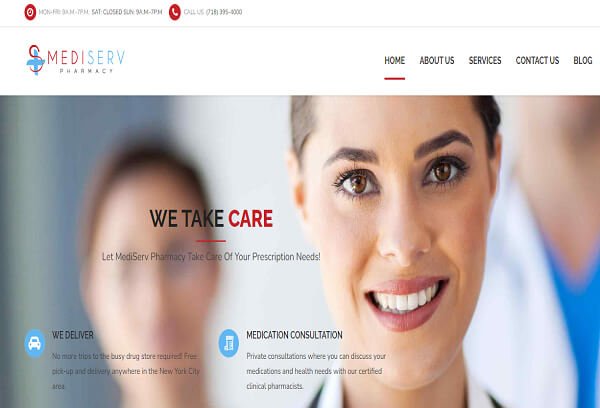Meta Tags for SEO in 2025: What You Need to Know
- April 28, 2025
- SEO

Meta tags aren’t just old-school HTML snippets — they’re powerful levers that directly impact your website’s visibility, click-through rates, and even how AI interprets your content.
In today’s fast-moving digital world, properly optimized meta tags are still a critical part of a winning SEO strategy.
Let’s break it down so you can boost your rankings, drive more clicks, and stay ahead of the curve in 2025.
What Are Meta Tags?
Meta tags are like your website’s personal elevator pitch to search engines.
They live quietly in the <head> section of your code, hidden from visitors but crucial for search engines like Google and Bing to understand what your page is about, who it’s for, and how it should appear in search results.
Even with all the algorithm updates and AI advancements, meta tags remain a rare direct line of communication between you and search engines — a way to send clear signals about your content.
The Must-Have Meta Tags for 2025
1. Title Tags
If you can only optimize one meta element, make it your title tag.
It’s the clickable headline users see on Google — and it massively influences both your ranking and your click-through rate (CTR).
Winning format in 2025:
Primary Keyword | Secondary Keyword | Brand Name
Best practices:
- Keep it around 50-60 characters (or about 600 pixels wide).
- Use numbers and power words to make it irresistible.
Pro Tip: Your title tag should flow naturally with your meta description to tell a complete story.
2. Meta Descriptions
Meta descriptions don’t directly impact rankings, but they do massively affect CTR.
Think of them as your free ad copy in the search results.
How to write meta descriptions that convert:
- Start with a clear benefit that matches search intent.
- Use specific details like numbers, features, or success stats.
- End with a strong call to action.
Pro Tip: Even though Google may rewrite your descriptions based on search queries, always write compelling ones yourself!
3. Robots Meta Tag
With AI-driven search results now common, robots meta tags have become essential tools for content control.
Important directives:
- index/noindex: Should Google include your page in search results?
- follow/nofollow: Should Google follow the links on your page?
- nosnippet: Prevents your content from being pulled into featured snippets or AI Overviews.
- max-snippet:[number]: Limits how much of your content is shown in search.
Strategy Tip:
Want your content cited in AI Overviews but not fully exposed?
Use a directive like max-snippet: 50 to offer a teaser and drive users to click through for the full story.
4. Viewport Meta Tag
In the era of mobile-first indexing, a viewport tag is non-negotiable.
It ensures your site looks great and functions properly on all devices.
<meta name=”viewport” content=”width=device-width, initial-scale=1.0″>
If users have to pinch and zoom on mobile, your rankings (and UX) will suffer.
Crafting Meta Tags That Win
Your meta tags are your first impression in search results.
To succeed, they must:
- Signal relevance (answer the user’s query)
- Build trust (show expertise)
- Create urgency (make users want to click now)
And importantly, align your meta tags to search intent — whether users are looking to learn, compare, navigate, or buy.
Advanced Meta Tag Tips for 2025
Social Meta Tags (Open Graph & Twitter Cards)
Social media drives massive traffic. Use Open Graph and X (Twitter) card tags to control how your pages appear when shared.
This boosts your reach and brand visibility across platforms.
Canonical Tags
Duplicate content? Canonical tags are your solution.
They tell search engines which version of a page is the “official” one.
Data-nosnippet Attribute
Want to keep certain parts of your page out of AI Overviews or featured snippets?
Use the new data-nosnippet attribute.
At Earn SEO, we understand how crucial meta tags are for staying competitive in 2025 and beyond. As a leading SEO company in NYC, we specialize in crafting high-impact title tags, meta descriptions, and advanced SEO strategies that drive real results. Ready to optimize your site for the future of search? Contact us today and let’s take your rankings to the next level.
Earn SEO was established in 2011 by Devendra Mishra, a highly educated professional with varied training and experience. Mr. Mishra is responsible for business development, attracting new Earn SEO partners, and interacting with clients, the media and press, and acting as Brand Ambassador.

Devendra Mishra
Founder



































